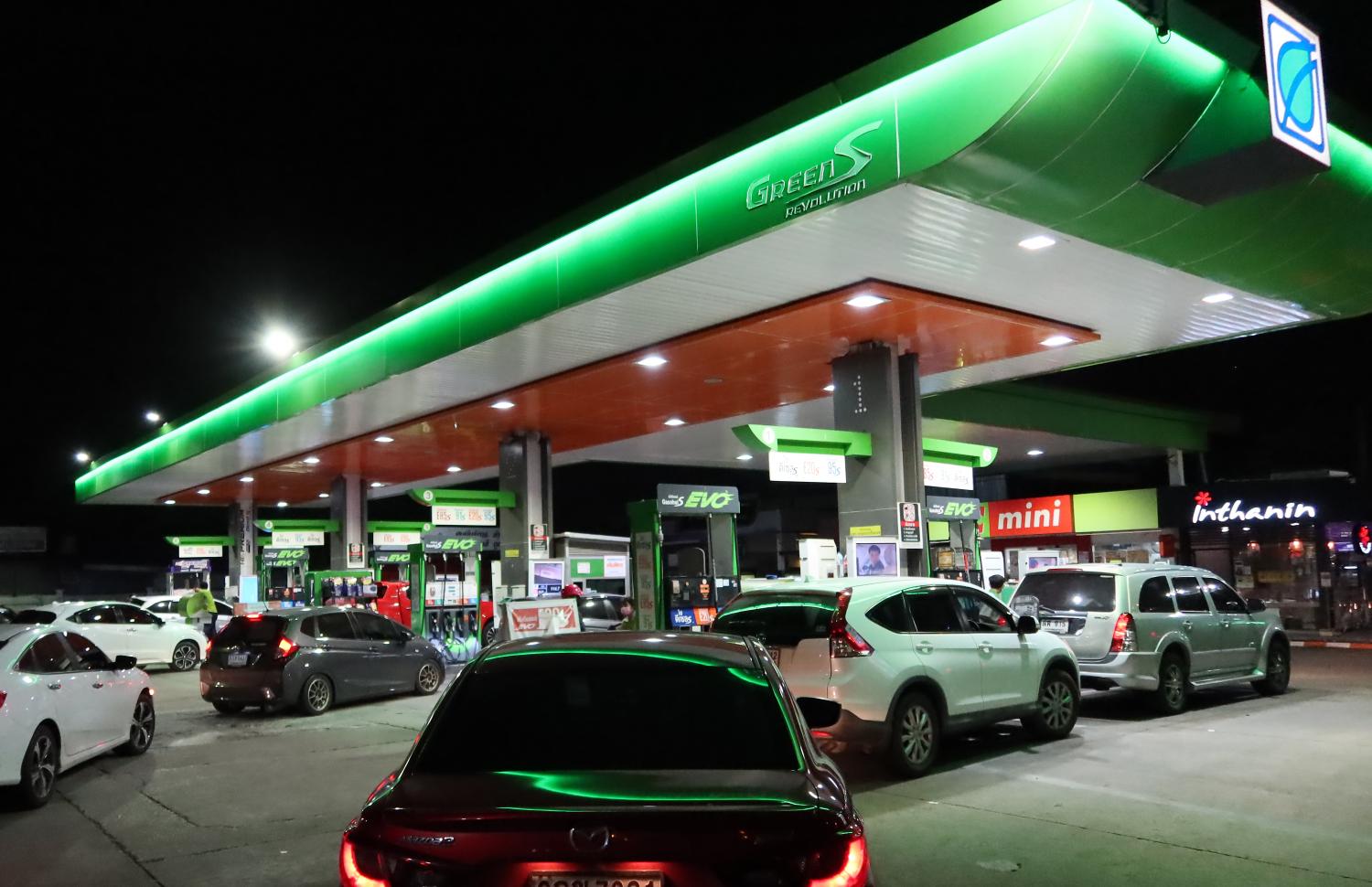
The business sector has welcomed the government's latest decision to cut the diesel excise tax by 5 baht per litre for two months, claiming if diesel prices were left unharnessed, it would add to people's hardships and negatively affect the country's exports.
Chaichan Chareonsuk, president of the Thai National Shippers' Council, said the government made the right decision as diesel is a key factor that affects production costs.
"In fact, the government should extend the excise tax cut by more than two months, or as long as possible. Oil-related operators should be asked to cooperate by cutting oil prices further to prevent any negative impact on supply chains," he said.
Visit Limlurcha, vice-chairman of the Thai Chamber of Commerce, said diesel is considered a basic cost for most sectors, affecting people's travel costs, power bills, logistics costs and inflation.
According to Mr Visit, the private sector also hopes the government will be able to explore the best methods and channels to manage the energy supply to prevent a possible shortage in the country.
"The world's energy supply has been reduced because of the Russia-Ukraine war. The government must speed up sourcing energy from other suppliers," he said.
Somchai Pornrattanacharoen, president of the Wholesale and Retail Trade Association, saw it otherwise, saying the diesel tax reduction will benefit big companies that use many trucks for transport.
"The tax cut will help increase profits for big transport companies, while people still have to buy expensive products," Mr Somchai said.
"Those companies have already raised the prices of their products and services."
He proposed the government launch measures that support small farmers, who use small pickups to transport their agricultural produce to the market. The state could hand out coupons to farmers to reduce the cost of living, said Mr Somchai.
The cabinet on Tuesday agreed to an excise tax cut on diesel by 5 baht per litre for two months until July 20 to tame rising inflation and mitigate the impact of high energy prices on consumers.
In February, the government decided to cut the excise tax for diesel by 3 baht per litre, from a total tax of 5.99 baht per litre, from Feb 18 to May 20.
Finance Minister Arkhom Termpittayapaisith said the excise tax cut is deemed necessary as global crude oil prices remain relatively high, affecting local production costs.
This reduction of the diesel excise tax is estimated to cost the state coffers some 20 billion baht.
The global crude oil price will remain high at US$110 per barrel, according to the Energy Ministry's estimate.
Despite the two-month tax cut, the Finance Ministry remains confident of achieving its total revenue collection target of 2.4 trillion baht in fiscal 2022.
During the first six months of fiscal 2022, the government's net revenue stood at more than 1.09 trillion baht, exceeding its target by 68.8 billion.
This was the result of the Revenue Department's better than expected tax collection, said Mr Arkhom, citing a domestic consumption expansion of 3.9% in the first quarter.
Prime Minister Prayut Chan-o-cha said the excise tax reduction is just a short-term measure to curb diesel prices from increasing too high and adversely affecting people's costs of living.
Gen Prayut said diesel is a significant cost for the manufacturing, transport and logistics sectors, adding that a surge in diesel oil prices may impact Thailand's economic recovery.